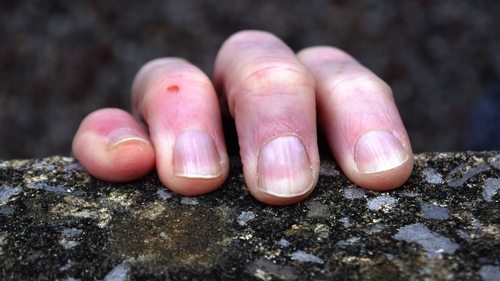Heroin cravings can be some of the toughest to ignore when the calling comes. It is sharper, stronger and more intense than some people imagine. Learn the way cravings work and how it feels to experience a strong desire to use heroin. Some tips will be provided to help work past the cravings to stay clean.
Brain Activation
Most people who withdraw from heroin experience a strong desire to take more heroin. This is known as experiencing a craving which is common among people who withdraw from addictive substances. Part of the craving is a wish to reduce symptoms of withdrawal. Part of it is the desire to re-experience pleasures of the heroin high and stop withdrawal symptoms from creeping up. Cravings are also attached to strong memories linked up with effects of drugs on the brain. Imaging studies of the brain demonstrate intense activation in the brain when pictures are linked to drug use. It can be hard to ignore when the craving kicks in, memories flood through the brain and the desire to use becomes overwhelming.
Moving Beyond Cravings
The following are some helpful steps when assessing the best way to get past a craving. There are ways to switch it off and get on with life. Learn how to utilize the steps to help get there.
Believe in recovery
The power of recovery lies in believing it can, and does, work. Sobriety is not impossible, even if it seems so. Recovery is never out of reach, no matter the hopelessness that takes over. Change is possible with the right treatment and support by addressing root causes of addiction.
Don’t give up
Try again even if it leads to failure. This is the best way to build a roadmap to recovery. Lots of people relapse but it is by examining the problem and thinking of change that helps prepare the way for success.
Professional treatment
Seek out professional support for cravings. It is better to get help before things get worse and relapse leads to full blown addiction. Early in the decision-making process, it helps to locate a trained therapist to provide support. Counseling can also include 12-step groups like NA (Narcotics Anonymous), one-on-one, group therapy or day treatment programs.
Opiate substitution therapies
Medication-assisted treatment for opioid dependence can include the use of buprenorphine to complement education, counseling and support focused on behavioral aspects of opioid addiction. Medication can allow a person to regain a normal state of mind while being free of withdrawal, cravings and addiction highs or lows. Taking medication is not the same as drug substitution but it may be harder to get off those drugs following addiction. It is best to consult a therapist and treating physician about risks associated with using this therapeutic technique.
Cravings can feel like it is the end of recovery. It happens to many people and it is not the last time you will be triggered. The Villa provides support for people with addiction. Call us to find out how we can help you fight the cravings and get your life back.

